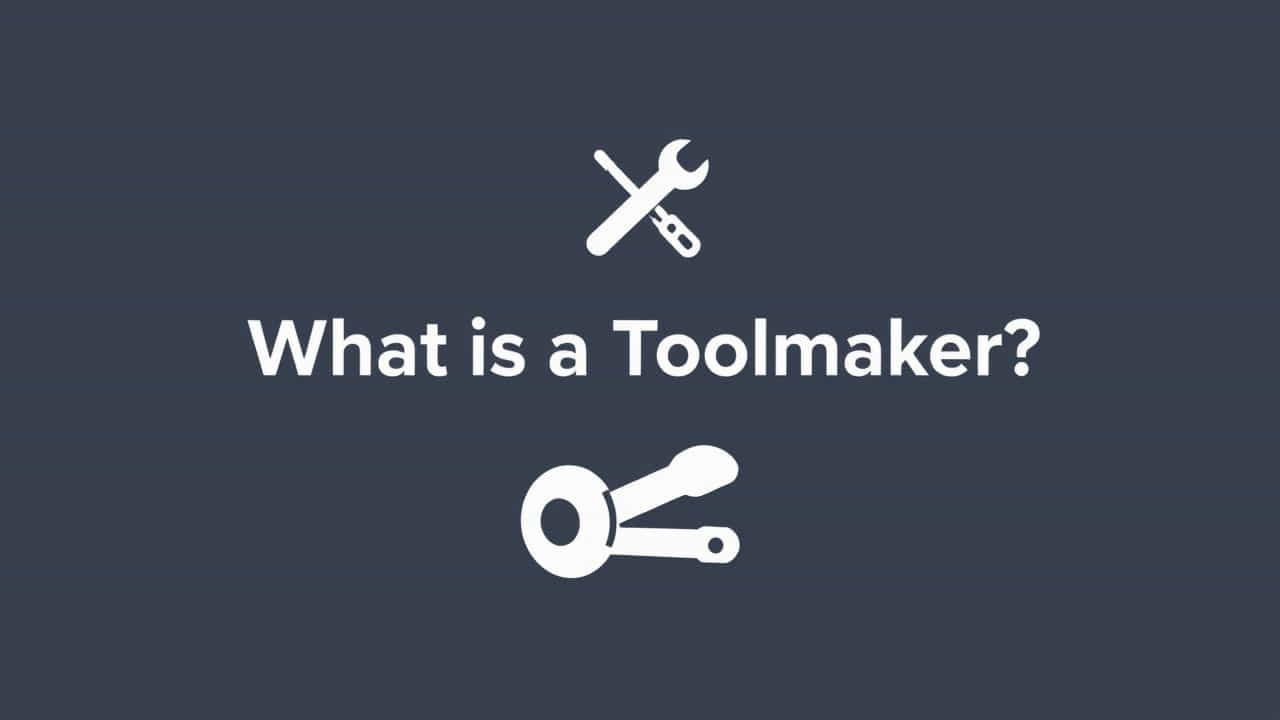A toolmaker is a skilled professional who designs, manufactures, and repairs tools, molds, and precision instruments used in various industries. This role is essential in manufacturing, automotive, aerospace, and engineering sectors, where precision and high-quality tools are required.If you’re considering a career as a toolmaker, understanding the salary range, influencing factors, and job outlook can help you make informed decisions. This topic explores how much toolmakers earn, what affects their salaries, and potential career growth opportunities.
1. What is the Average Toolmaker Salary?
Toolmaker salaries vary depending on experience, location, industry, and skill level. On average, a toolmaker in the United States earns between $45,000 and $75,000 per year.
Here’s a general breakdown of toolmaker salaries:
| Experience Level | Annual Salary Range |
|---|---|
| Entry-Level (0-2 years) | $35,000 – $50,000 |
| Mid-Level (3-7 years) | $50,000 – $65,000 |
| Experienced (8+ years) | $65,000 – $85,000 |
| Senior/Highly Skilled | $85,000+ |
In high-demand industries and major metropolitan areas, salaries can exceed $90,000 per year, especially for toolmakers with specialized expertise.
2. Factors That Influence a Toolmaker’s Salary
1. Experience and Skill Level
-
Entry-level toolmakers typically earn less due to limited experience.
-
As professionals gain expertise, salaries increase with advanced machining and CAD skills.
2. Location
Salaries vary based on the cost of living and demand in different regions.
-
High-paying states: California, Texas, Michigan, and New York
-
Lower-paying states: Some rural areas where manufacturing is less prominent
3. Industry Type
Different industries offer varying salaries:
-
Aerospace & Defense – $70,000 – $90,000
-
Automotive Manufacturing – $60,000 – $80,000
-
Medical Equipment Manufacturing – $65,000 – $85,000
-
General Manufacturing – $50,000 – $70,000
4. Certifications and Education
-
A high school diploma and apprenticeship are standard requirements.
-
Advanced certifications in CNC programming or CAD design can increase earning potential.
5. Union Membership
Many toolmakers belong to unions, which can provide higher wages, better benefits, and job security.
3. Highest-Paying Industries for Toolmakers
While toolmakers work across many industries, some pay significantly more due to the complexity of the tools produced.
1. Aerospace and Defense
-
Toolmakers working in this field create precision tools for aircraft and military equipment.
-
Salaries can range from $70,000 to $100,000 for experienced professionals.
2. Medical Equipment Manufacturing
-
Producing surgical instruments and medical devices requires high precision.
-
Salaries typically fall between $65,000 and $85,000.
3. Automotive Industry
-
Toolmakers in the automotive sector develop dies, molds, and custom parts.
-
The pay range is around $60,000 to $80,000, depending on experience.
4. Precision Engineering
-
Toolmakers in this industry specialize in high-tolerance components.
-
Experienced professionals can earn $80,000 or more.
4. Toolmaker Salary by Location
Salaries vary significantly by state and city, based on demand, cost of living, and industry presence.
| State | Average Salary |
|---|---|
| California | $75,000 – $95,000 |
| Texas | $65,000 – $85,000 |
| Michigan | $60,000 – $80,000 |
| New York | $70,000 – $90,000 |
| Ohio | $55,000 – $75,000 |
Top Cities for Toolmakers
-
Los Angeles, CA – High demand due to aerospace and manufacturing industries.
-
Detroit, MI – Automotive industry hub, offering competitive salaries.
-
Houston, TX – Strong industrial sector with well-paying jobs.
5. Career Progression for Toolmakers
A career as a toolmaker offers multiple opportunities for growth and specialization.
1. Entry-Level Positions
-
Typically starts with apprenticeships or junior machinist roles.
-
Requires training in CNC machining, blueprint reading, and manual tools.
2. Mid-Level Positions
-
Gaining experience in CNC programming, tool design, and manufacturing processes.
-
Salaries typically increase to $55,000 – $70,000.
3. Senior Toolmaker / Specialist
-
Expert in precision tooling, mold making, and high-tolerance components.
-
Can earn up to $90,000 or more, depending on experience.
4. Management and Supervisory Roles
-
Positions such as Tool Room Supervisor or Manufacturing Manager.
-
Salaries often exceed $100,000 per year.
5. Career Shift to Engineering
-
Some toolmakers advance into roles like Manufacturing Engineer or CAD Designer.
-
These positions offer higher salaries, often in the $80,000 – $120,000 range.
6. How to Increase Your Earning Potential as a Toolmaker
To maximize earnings, toolmakers should focus on:
1. Gaining Specialized Skills
-
Learn CNC programming for advanced machining.
-
Develop expertise in CAD software (AutoCAD, SolidWorks, Mastercam).
2. Earning Certifications
-
Certified Tool and Die Maker (CTDM)
-
CNC Machining Certification
-
Lean Manufacturing or Six Sigma Training
3. Seeking Higher-Paying Industries
- Transitioning to aerospace, medical, or precision engineering can lead to better salaries.
4. Relocating to High-Paying States
- Moving to California, Texas, or Michigan can significantly increase income.
5. Advancing to Supervisory or Engineering Roles
- Many toolmakers transition into management or engineering for higher salaries.
7. Job Outlook for Toolmakers
The demand for toolmakers remains steady, particularly in industries requiring custom manufacturing and precision engineering.
1. Growth in Advanced Manufacturing
- The rise of automation, robotics, and CNC machining is reshaping the field.
2. Aging Workforce
- Many experienced toolmakers are retiring, creating opportunities for new professionals.
3. Impact of Technology
-
3D printing and advanced machining techniques are changing how tools are made.
-
Toolmakers with digital skills will have better job prospects.
A career as a toolmaker offers steady income, job security, and opportunities for advancement. While salaries vary by experience, industry, and location, professionals in high-tech and specialized fields can earn competitive wages.
By developing technical skills, earning certifications, and exploring high-paying industries, toolmakers can significantly increase their earning potential and enjoy a successful career in manufacturing and engineering.
